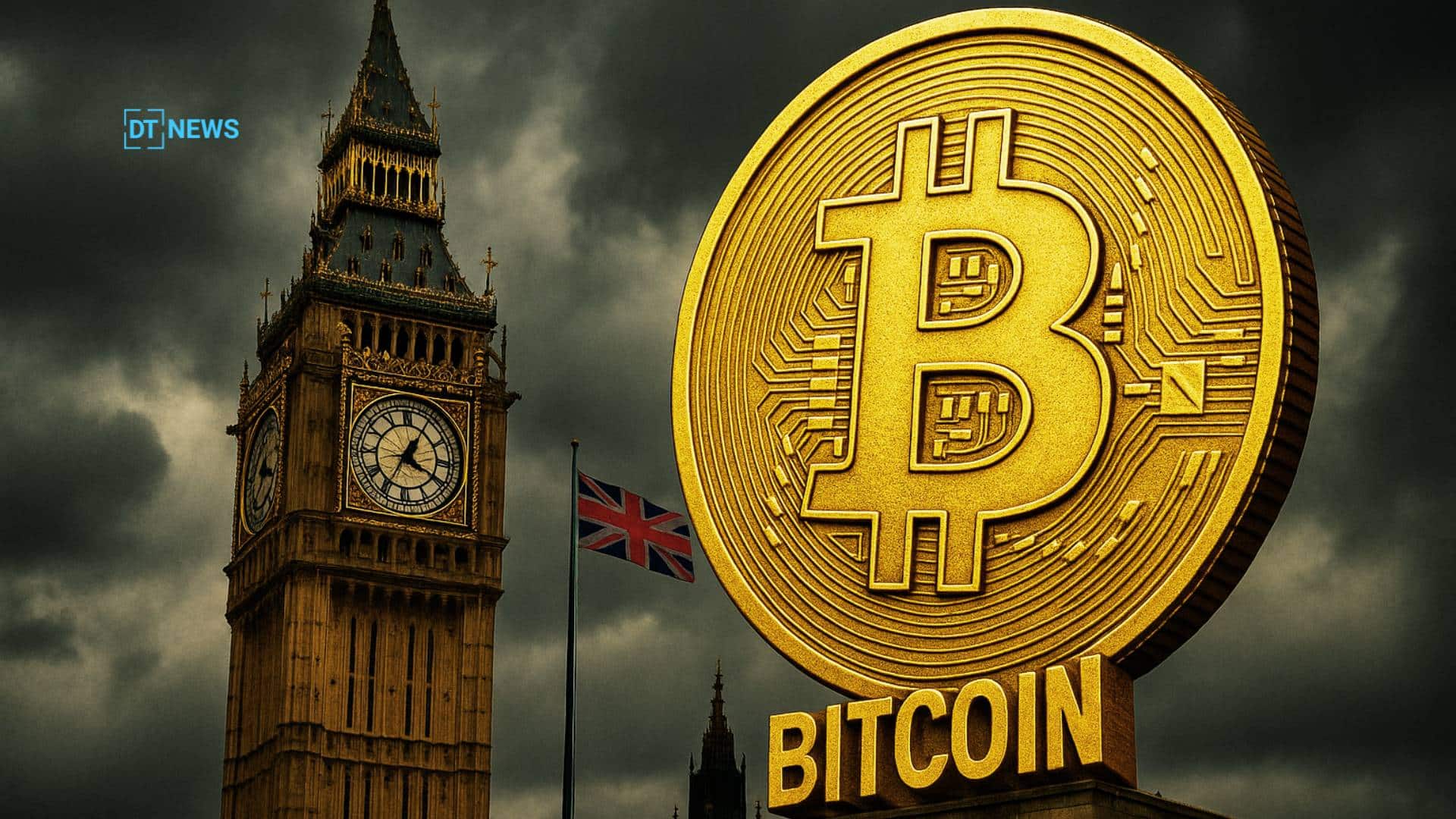The United Kingdom is now at the center of one of the most high-stakes legal battles in crypto history. Authorities are sitting on nearly $7 billion in seized Bitcoin, a fortune originally tied to a massive Chinese investment fraud. What happens next could reshape how governments around the world treat digital assets when crime and crypto collide.
A Fraud Uncovered, Billions Locked Away
The case began with Zhimin Qian, a Chinese businesswoman accused of orchestrating a large-scale fraud between 2014 and 2017. Her scheme defrauded more than 120,000 investors, funneling proceeds into cryptocurrency. Investigators eventually uncovered wallets holding tens of thousands of coins, leading to one of the largest troves of seized Bitcoin ever recorded.
At the time of the seizure in 2018, Bitcoin hovered around $6,000. Today, that same hoard of about 61,000 BTC is valued at roughly $7 billion. The dramatic price surge has turned a criminal investigation into a political and financial quandary.
The Legal Crossroads
The High Court in London has launched civil recovery proceedings to determine the future of the seized Bitcoin. Victims argue that they should be repaid based on today’s prices, reflecting the windfall that the government now controls. Legal experts warn, however, that courts might only award compensation at the value of Bitcoin when the losses were incurred years ago.
That gap in valuation could mean the state walks away with billions, while victims receive only a fraction of what the seized Bitcoin is worth today. One attorney noted, “This isn’t just about restitution. It’s about whether justice keeps up with the reality of crypto markets.”

Political Pressure and Public Debate
The presence of $7 billion in seized Bitcoin has sparked debate in Westminster. Some lawmakers have suggested the windfall could help cover budget shortfalls, framing it as an unexpected asset rather than restitution. Critics quickly pushed back, warning that treating stolen assets as government revenue undermines trust in the legal system.
The comparison to Britain’s infamous gold sale in 1999 has been raised repeatedly. Back then, the government sold gold reserves at historically low prices, missing out on billions in future gains. Many warn that liquidating the seized Bitcoin too early could lead to a similar blunder.
Global Ripple Effects
The outcome of the case will resonate far beyond the UK. Governments worldwide are grappling with how to treat seized Bitcoin and other digital assets. Should they be returned at market value to victims, or absorbed into state coffers? The ruling could become a blueprint for future cases as crypto crimes continue to multiply.
On social media, analysts have already weighed in. One blockchain commentator wrote on X, “This is more than a court case, it’s a signal to the world. Will governments protect victims, or profit from seized Bitcoin?”
The case also underscores the unique nature of crypto. Unlike traditional assets, the value of digital currencies can swing wildly over time, turning every seizure into a potential jackpot, or a liability, depending on market conditions.
Conclusion
The UK’s handling of its $7 billion in seized Bitcoin is more than a legal decision, it is a test of fairness, governance, and public trust. Victims of fraud want justice in the form of full restitution.
The government, meanwhile, is eyeing one of the largest asset seizures in history. Whether the High Court chooses to favor victims or the state, the precedent will shape how nations around the globe treat seized Bitcoin in the years to come.
Frequently Asked Questions
Q1: How much seized Bitcoin is involved in the UK case?
Authorities are holding about 61,000 BTC, valued near $7 billion today.
Q2: Who was behind the fraud linked to the seized Bitcoin?
Zhimin Qian, a Chinese businesswoman, pleaded guilty to money laundering offenses tied to the scheme.
Q3: Could victims get compensation at today’s Bitcoin prices?
It’s unclear. Courts might value claims at 2017–2018 prices, which would leave victims shortchanged.
Q4: Why does this seized Bitcoin case matter globally?
It could set a precedent for how nations handle large-scale crypto seizures in future cases.
Glossary of Key Terms
Seized Bitcoin: Cryptocurrency confiscated by authorities during criminal investigations.
Civil Recovery: Legal action where the state seeks to keep assets linked to unlawful activity.
Restitution: Compensation paid to victims of crime, often through seized assets.
Market Value: The current price of an asset in open markets.
HODL: A crypto slang term meaning to hold onto Bitcoin long-term despite volatility.
Precedent: A legal decision that influences future rulings in similar cases.






































